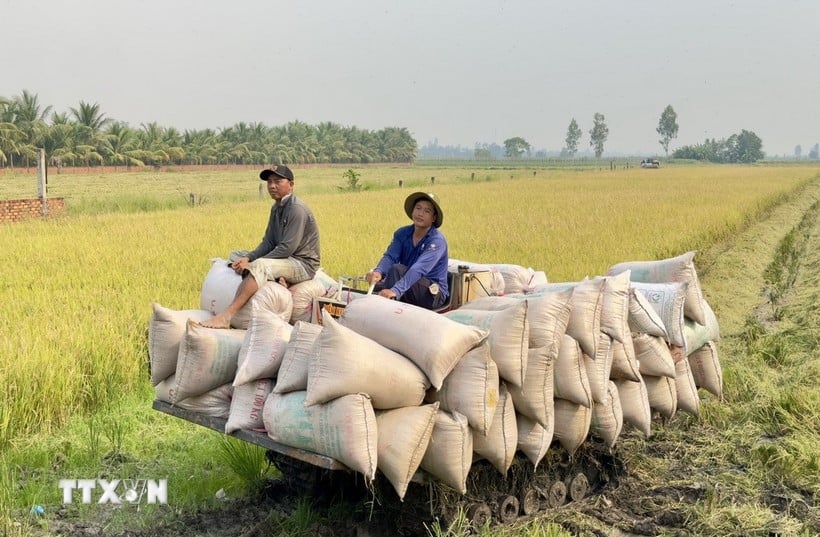 |
| Rice is the main agricultural product. Photo: Thanh Sang/VNA |
According to the Ministry of Agriculture and Environment , over the past 5 years, despite challenges from epidemics, geopolitical fluctuations, and supply chain disruptions, Vietnamese agricultural products have still affirmed their position on the world map; increasingly expanding in scale, meeting global standards.
In the coming time, with the spirit of proactiveness - creativity - deep integration, Vietnam will not only be a country producing and exporting agricultural products, but also a reliable and responsible partner, contributing to building a greener, cleaner and more sustainable global agriculture; standing firm in the face of storms and achieving record growth milestones in agricultural, forestry and fishery exports.
Meet high market standards
Sharing with reporters, Mr. Vu Duc Dam Quang, Deputy Director of the Department of International Cooperation (Ministry of Agriculture and Environment), said that from 2020 to now, the import and export turnover of agricultural, forestry and fishery products has continuously grown, bringing Vietnam into the group of 15 leading agricultural, forestry and fishery exporting countries in the world , with markets spanning over 200 countries and territories.
In 2024 alone, the export turnover of agricultural, forestry and fishery products reached 62.6 billion USD - a record in history, with a trade surplus of 17.7 billion USD, with 7 export groups of over 3 billion USD and 11 groups of over 1 billion USD.
In particular, Vietnam has ranked among the world's top exporters of many agricultural, forestry and fishery products such as pepper, cashews, coffee, rice, etc.
"Contributing to that achievement are the Free Trade Agreements (FTAs) that have been effectively implemented, opening up opportunities to access demanding markets such as the EU and the United States. More importantly, we not only export more, but also export with higher standards of quality and sustainability," said Mr. Quang.
Along with opening the market, Vietnam actively removes market barriers, effectively exploits signed FTAs, and proactively meets new requirements of partners such as: EU's anti-deforestation and forest degradation regulations, US 301 timber and MMPA seafood control measures.
“We consider this not only a challenge or just to export agricultural, forestry and fishery products, but also an opportunity to develop Vietnamese agriculture in a transparent, responsible and sustainable direction,” Mr. Quang emphasized.
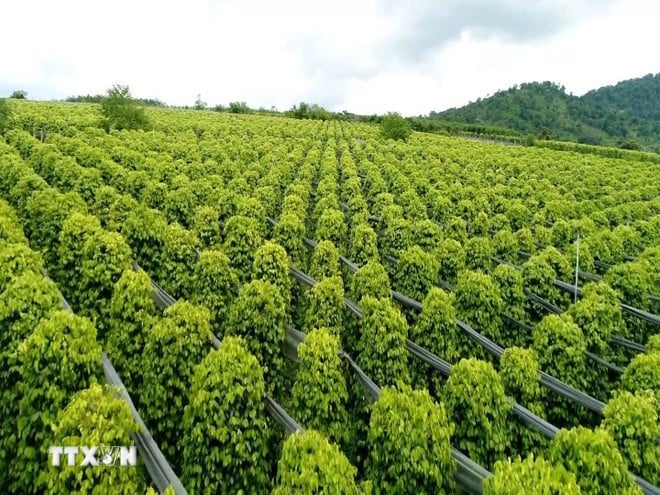 |
| Pepper growing area of Nam Yang Agricultural and Service Cooperative (Kon Gang commune, Gia Lai province) with 30 hectares certified as USDA organic (USA). Photo: Hong Diep/VNA |
Vietnam has also become one of the attractive destinations for FDI in the agricultural sector, with more than 500 direct projects, totaling nearly 4 billion USD. If processing and related service projects are included, the figure has exceeded 20 billion USD, placing it among the top countries in the world in attracting agricultural FDI.
"On that basis, the Ministry of Agriculture and Environment has worked with partners to build public-private partnership (PPP) groups in key industries such as coffee, rice, pepper, and seafood to promote value chain linkages. This is the core for Vietnam to move towards an agriculture that not only exports more, but also exports according to higher standards, creating a green, clean, and sustainable agricultural product brand on the world map," Mr. Quang shared.
Along with PPP, initiatives such as Extended Producer Responsibility (EPR) are also gradually changing the way of production and business, attaching corporate responsibility to the entire product life cycle, from design, production, consumption to collection and recycling. Mr. Quang emphasized that this is not only a solution to reduce waste and pollution, but also a "green passport" to help Vietnamese agricultural products conquer demanding markets around the world.
In addition, carbon credit exchange projects in agriculture are also opening up a new green economic market. Reducing emissions from rice production, livestock farming or forestry not only helps Vietnam move closer to the Net Zero 2050 target, but also creates revenue from carbon credits to reinvest in farmers and local communities.
Aiming for record growth milestones
According to the representative of the Ministry of Agriculture and Environment, the above innovative and sustainable development initiatives are converging to turn Vietnamese agriculture into a field that both produces food and provides “environmental services,” taking the Vietnamese agricultural product brand further on the journey of greening, modernization and value increase.
In the coming period, Vietnam will be steadfast in its motto of “selective FDI to serve green transformation;” mobilizing more resources for major programs from crop-livestock restructuring, land and water resource management, to circular economy and green livelihoods for rural areas.
Mr. Vu Duc Dam Quang said that over the years, Vietnam’s agriculture has received valuable support from development partners through ODA projects. These capital, technology and knowledge flows have not only built irrigation works, restored mangrove forests or improved management systems, but also created sustainable livelihoods for millions of farmers.
In the coming period, the Ministry of Agriculture and Environment will continue to connect with international organizations, development banks, and climate funds to mobilize more resources for major programs (from crop-livestock restructuring, land and water resource management, to circular economy and green livelihoods for rural areas). According to Mr. Quang, this will be a solid foundation for Vietnam to move forward on the path to realizing the Net Zero 2050 commitment.
Another important driving force is cooperation in policy, science and knowledge. Mr. Quang said that in recent times, the Ministry of Agriculture and Environment has actively implemented Resolution 57-NQ/TW of the Politburo on breakthroughs in science and technology development, innovation and national digital transformation; Resolution 59-NQ/TW of the Politburo on international integration in the new situation.
At the same time, with the support of international experts, Vietnam is becoming a world example of sustainable development, through initiatives on transparent, responsible and sustainable food system transformation, initiatives on emission reduction through afforestation and efficient land use, initiatives on climate change response, nature conservation and biodiversity...
“In the new period, we will continue to consider this the 'key' to enhancing national governance capacity, helping Vietnam not only participate but also proactively contribute to shaping global rules of the game in the fields of agriculture and environment,” Mr. Quang emphasized.
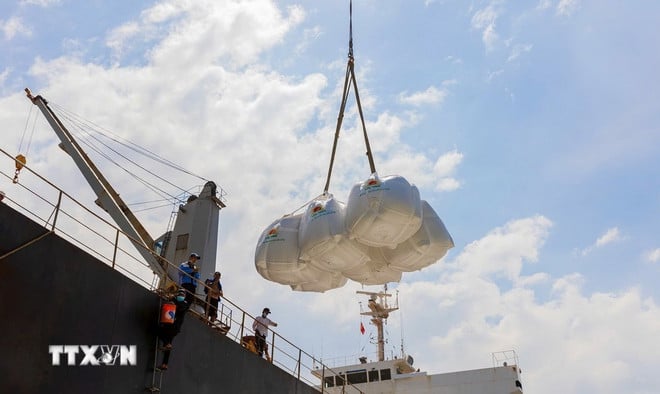 |
| Vietnam's rice export prices rose to a near three-month high on strong demand. Photo: Cong Mao/VNA |
Optimistic about the growth momentum, Deputy Minister of Agriculture and Environment Phung Duc Tien said that agricultural, forestry and fishery exports are currently achieving quite good results. Vietnam's agricultural, forestry and fishery trade balance in the past 9 months is estimated to have a surplus of 15.93 billion USD, up 17.6% over the same period last year.
“In the remaining months of 2025, if the export level is maintained at 5 billion USD per month, this year’s agricultural and forestry exports will reach 67 billion USD - a new record. If the export level is 6 billion USD per month, the industry will break the record of 2024 and reach the milestone of 70 billion USD,” Mr. Tien shared.
Mr. Tien also said that the Ministry of Agriculture and Environment is closely coordinating with the Ministry of Industry and Trade and localities to expand markets and promote official exports, especially to China, Europe and countries in the Comprehensive and Progressive Agreement for Trans-Pacific Partnership (CPTPP).
In addition, trade promotion programs and negotiations to open new markets for fruits, seafood, and deeply processed products will also be promoted by Vietnam in the fourth quarter of 2025. This is a premise for the industry to complete the goals assigned by the Party, State, and Government and aim for even higher growth milestones in the future.
Source: vietnamplus.vn
Source: https://baodongnai.com.vn/tin-moi/202510/xuat-khau-nong-san-khang-dinh-thuong-hieu-huong-den-nhung-ky-luc-moi-fe22890/



![[Photo] Super harvest moon shines brightly on Mid-Autumn Festival night around the world](https://vphoto.vietnam.vn/thumb/1200x675/vietnam/resource/IMAGE/2025/10/07/1759816565798_1759814567021-jpg.webp)






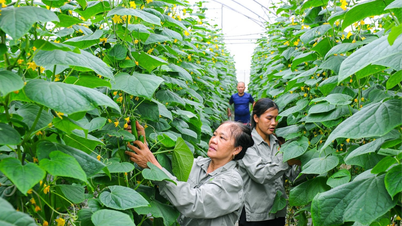



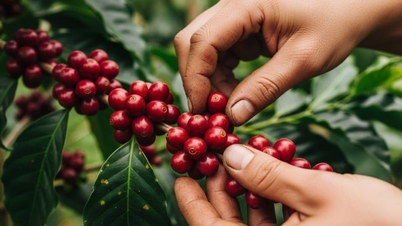



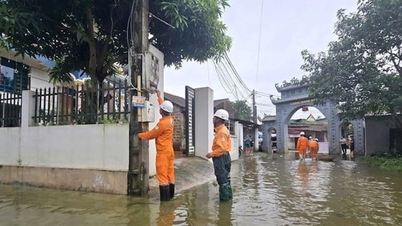

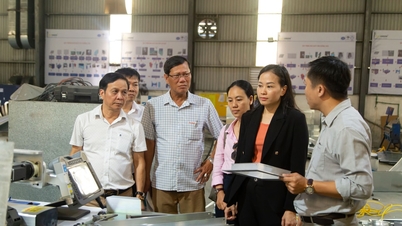











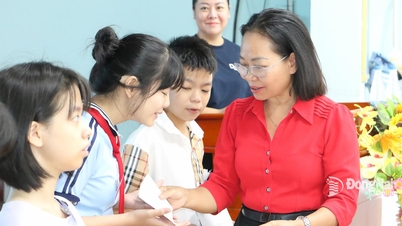
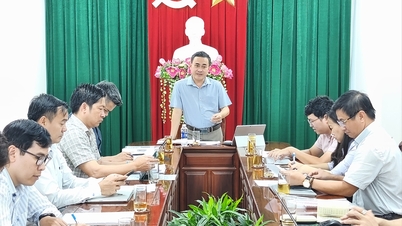


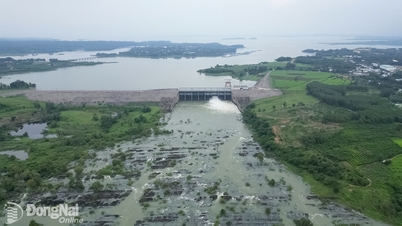



























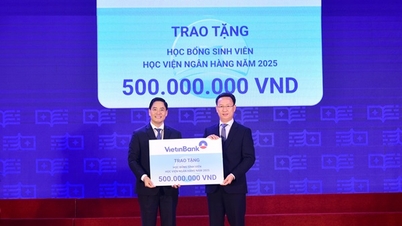









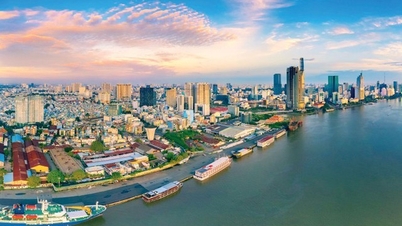




















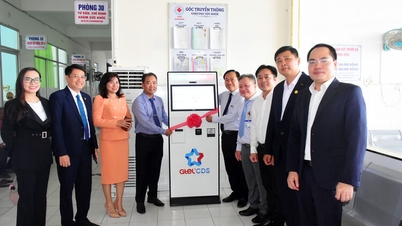











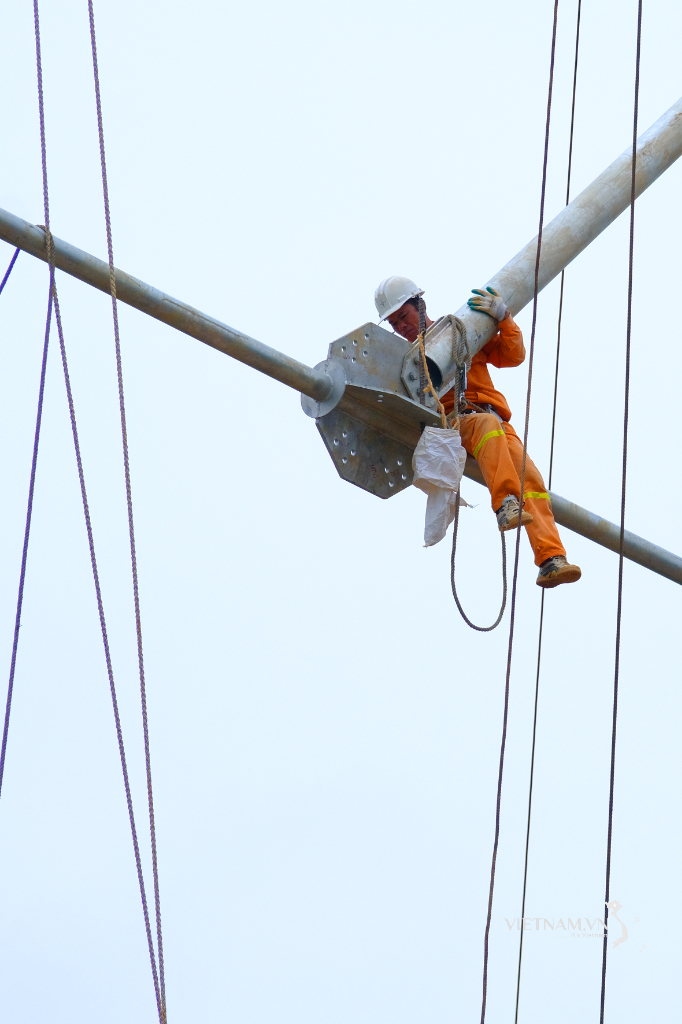
Comment (0)